Audi’s ‘Insensitive Ads’: Questioning Interpretations
Steer clear of this increasingly common marketing fail

Before we get into it here, I want you to take a look at the image above, -which features a young girl snacking on a banana and leaning against a car – and consider the fact that it just resulted in Audi needing to tweet a lengthy apology.
Always get outside input before your ads go live. This is the lesson. But why?
Shortly after the ad came out, tweets like the below started pouring in:
 Let me be very clear – I do not believe anyone on Audi’s team had anything but the most innocent of intentions. However, that’s not enough today. Perception is reality, and it’s easier than ever for the reality those perceptions create to result in serious harm to your reputation.
Let me be very clear – I do not believe anyone on Audi’s team had anything but the most innocent of intentions. However, that’s not enough today. Perception is reality, and it’s easier than ever for the reality those perceptions create to result in serious harm to your reputation.
Audi’s reasoning for the ad came from a series of tweets which also featured an apology, and read in part:
The Audi RS 4 is a family car with more than thirty driver assistance systems including an emergency break system. That’s why we showcased it with various family members for the campaign. We hoped we could convey these messages, showing that even for the weakest traffic participants it is possible to relaxingly lean on the RS technology.
Again, the logic is fine and Audi’s team was clearly caught by surprise. But, again, that doesn’t matter! Before you publish any new ad, before you unveil a new slogan, before you sign a spokeperson, consider how the move could be perceived in a negative light. It’s not fun to think of the bad ways people could react to or interpret your art, but when your brand’s reputation (and continued existence, if things get bad enough! are on the line you can’t afford to skip the icky parts.
[Erik Bernstein is president of Bernstein Crisis Management, Inc., an international crisis management consultancy.]
We love to connect with readers on LinkedIn! Connect with Erik | Connect with Jonathan
——————————-
For more resources, see the Free Management Library topic: Crisis Management
 Sections of this topic
Sections of this topic















